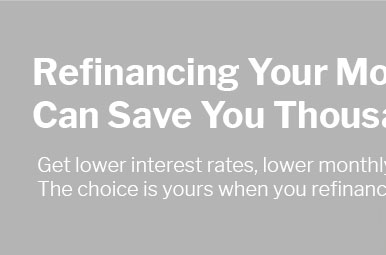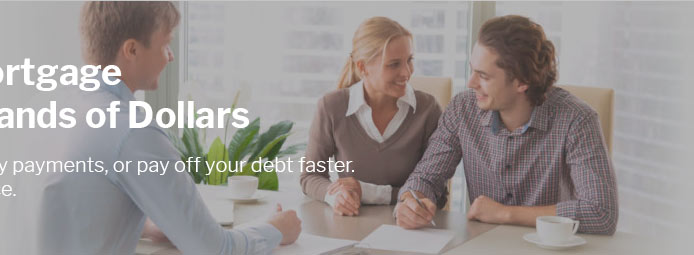no closing cost refinance rates explained for smart homeowners
What “no closing cost” really means
With a no closing cost refi, the lender typically covers third-party fees in exchange for a slightly higher interest rate or a lender credit. You avoid writing a big check at signing, but the rate often rises enough to increase lifetime interest.
How to compare offers
Request quotes for both standard and no-cost options on the same day. Compare APR, payment, and total costs over the time you expect to keep the loan. If you plan to sell or refinance soon, the no-cost structure can be a tactical win; over a long horizon, paying some costs upfront may pencil out.
- Breakeven window: Estimate months to break even under each scenario.
- Credits vs rate: Larger credits usually mean a higher rate.
- Loan size: Smaller balances benefit less from rate bumps.
- Lock terms: Longer locks can nudge rates up.
- Eligibility: Credit score, LTV, occupancy, and cash-out all move pricing.
Ask for a written fee sheet and Loan Estimate, verify there’s no prepayment penalty, and confirm whether escrows and impounds are included in the “no cost” promise.















